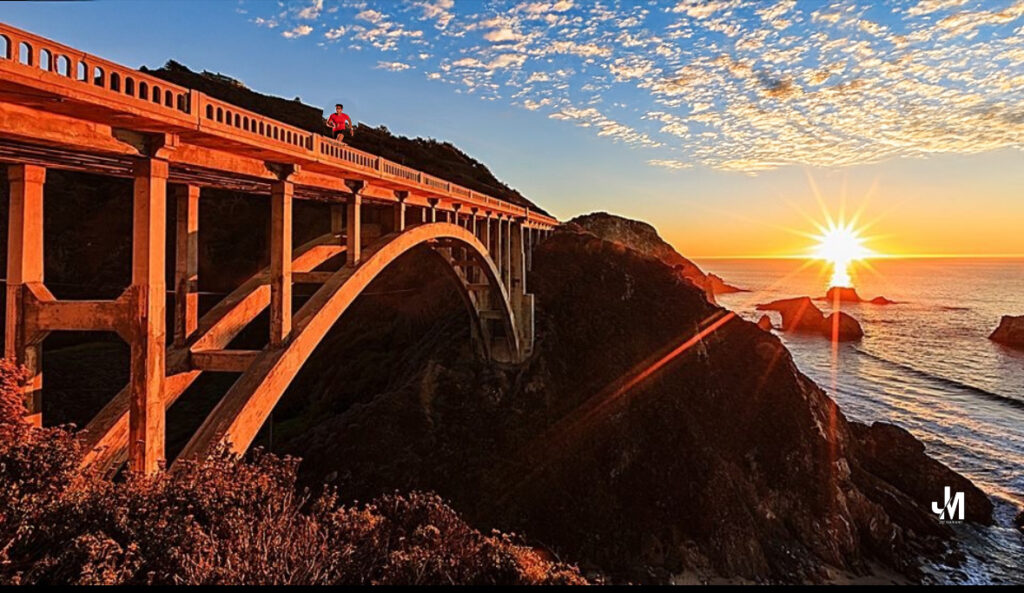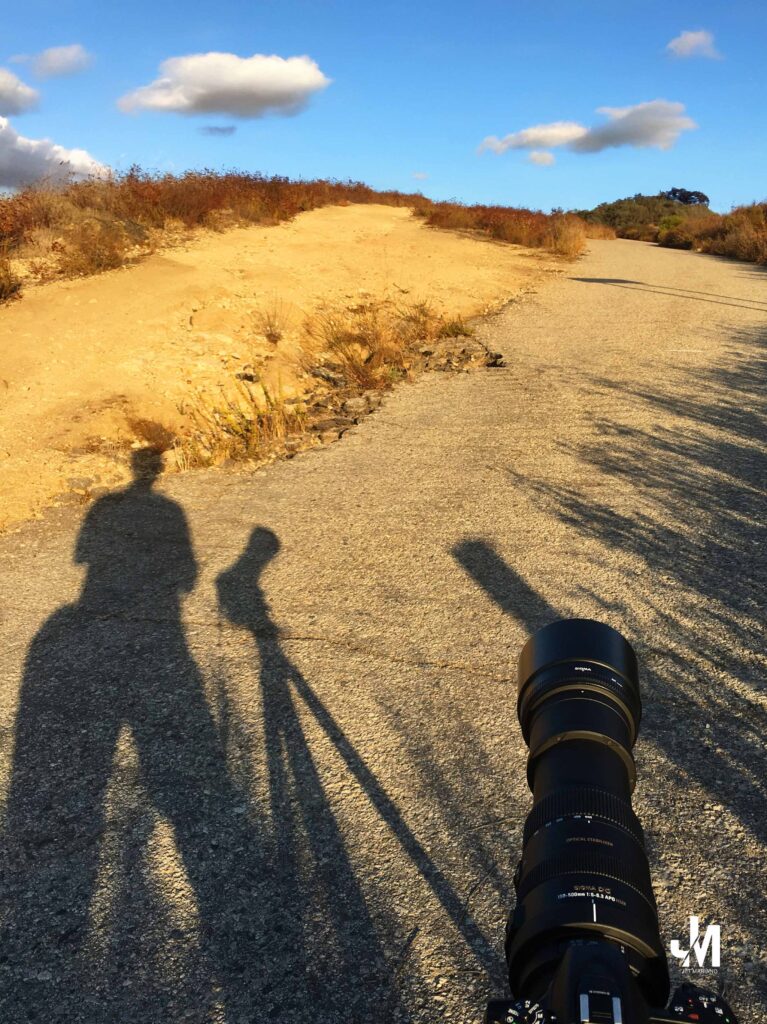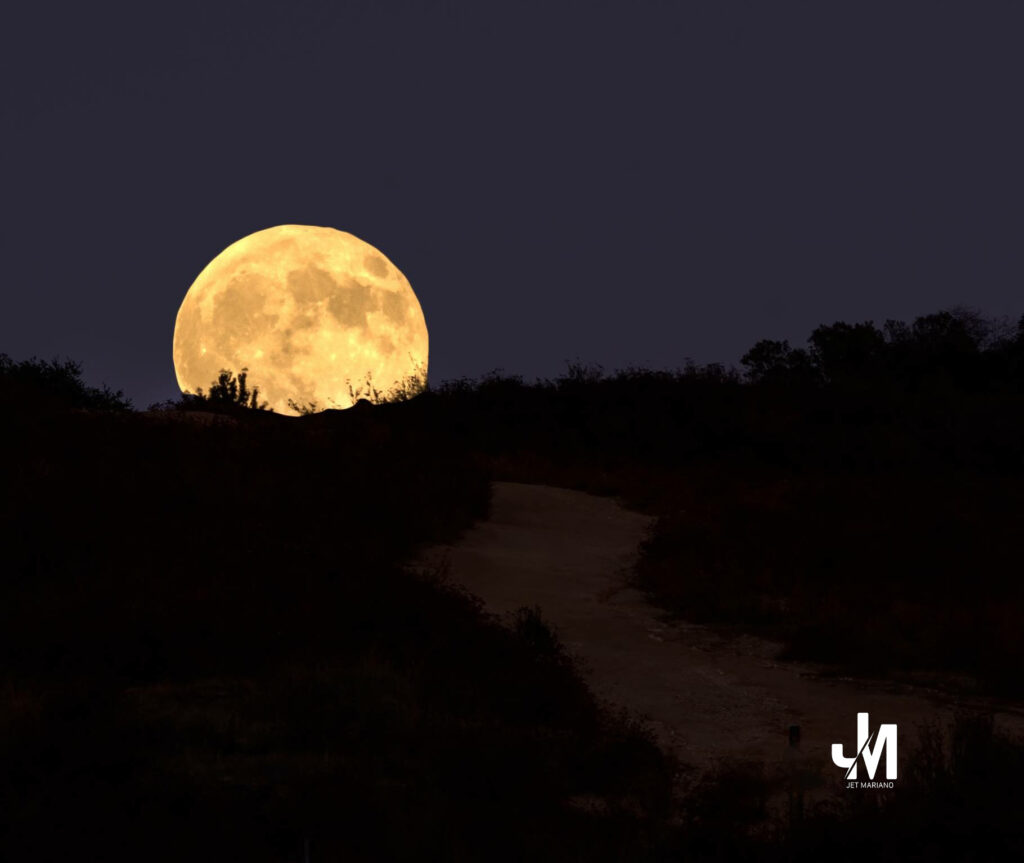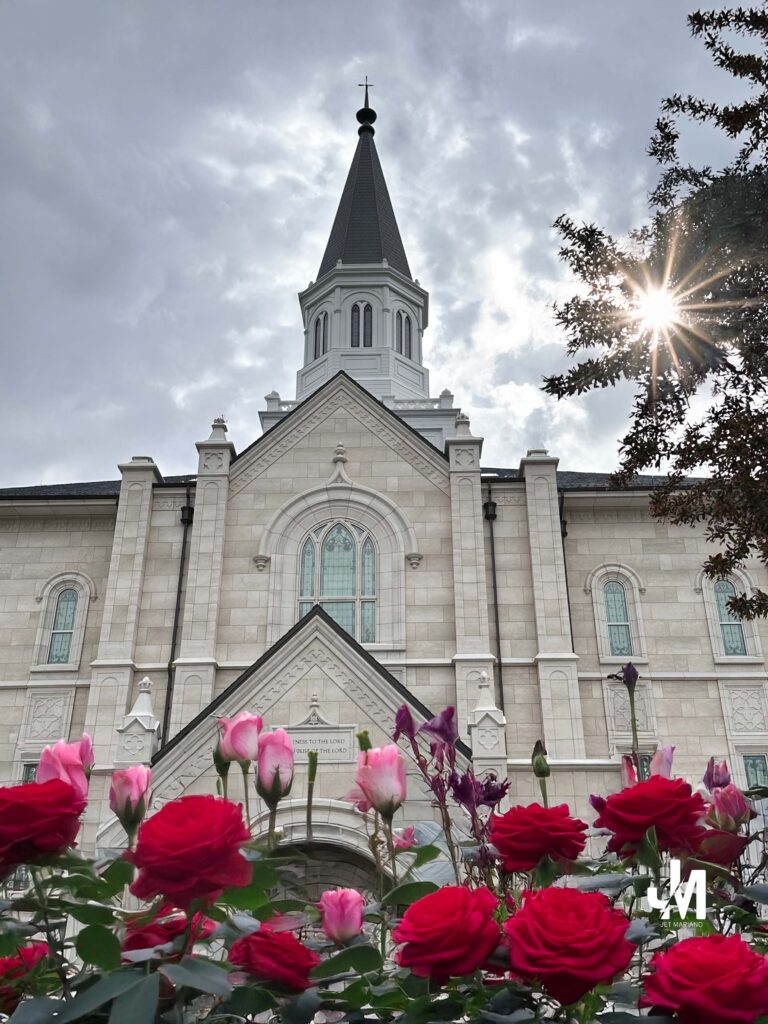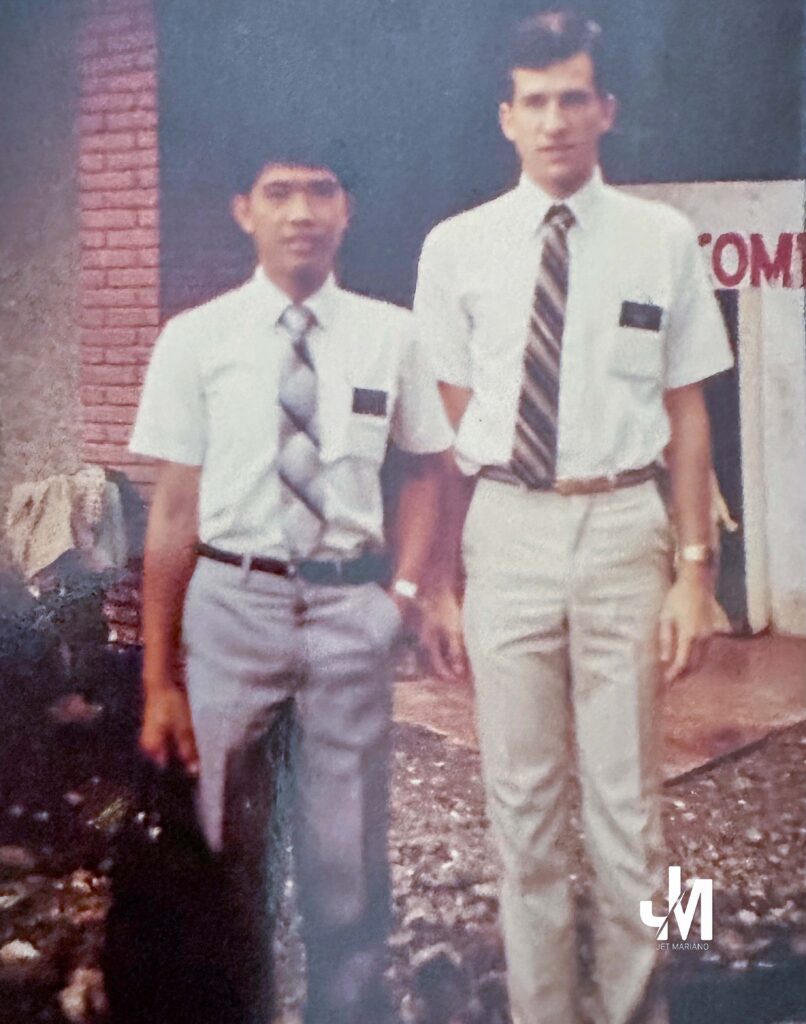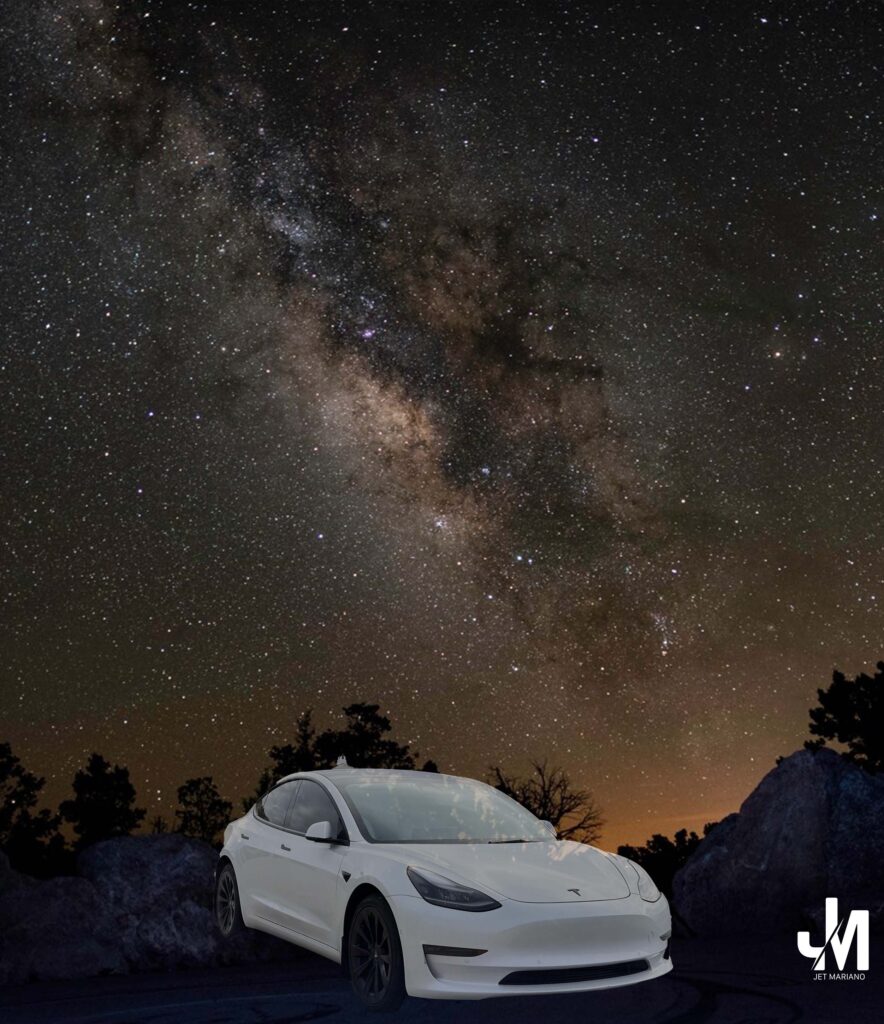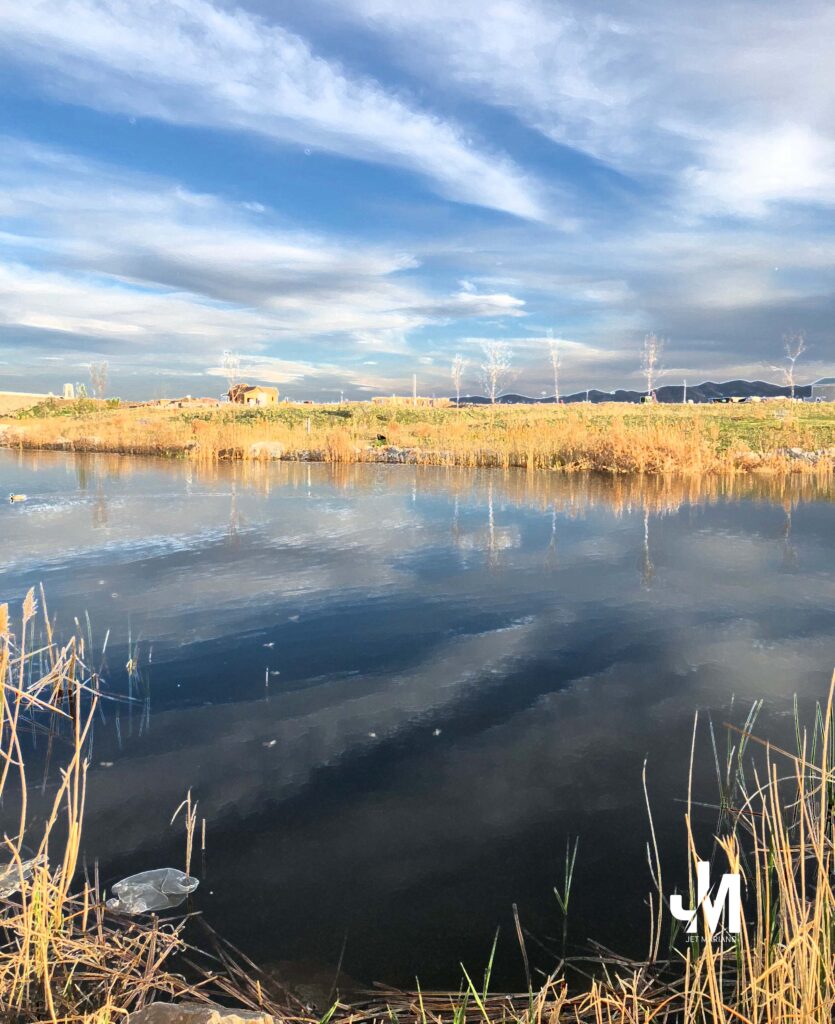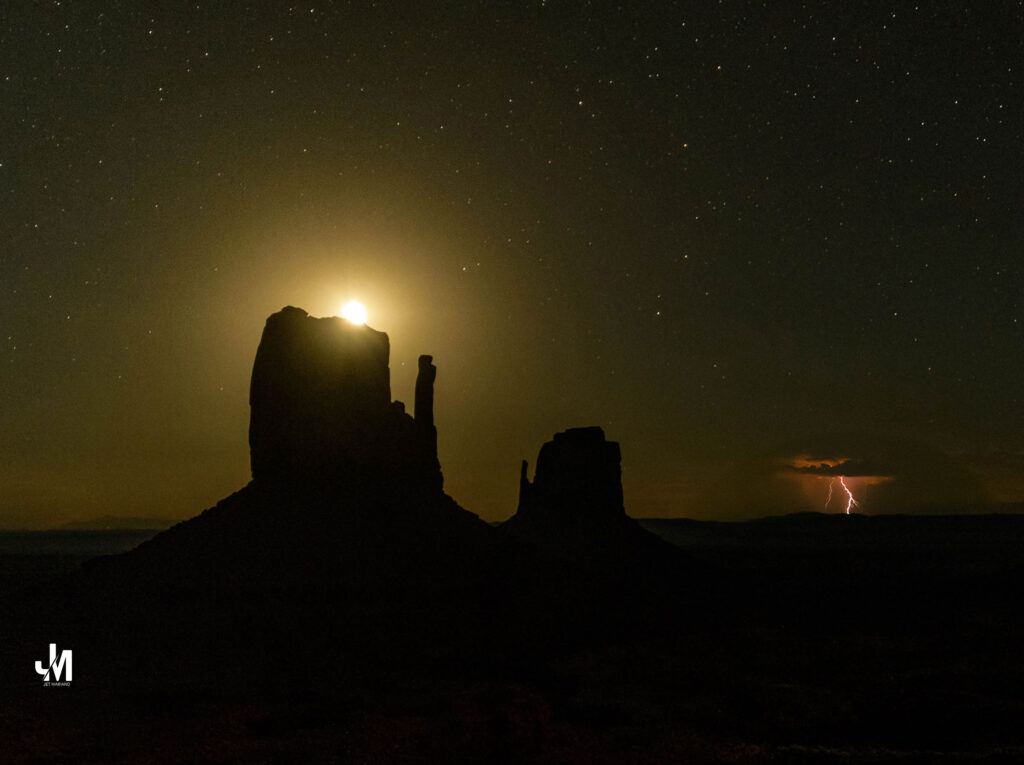
Excerpt
After a demanding week of work and training, the Sabbath reminds me that truth rises from the earth while righteousness comes from heaven — and both lead us back to God.
Intro
Five days of stressful work as an Infrastructure Engineer, and six days of training — boxing and Muay Thai, three hours at a time — can leave the body tired and the mind stretched thin. But Sunday belongs to God alone.
Today is not about productivity or performance. It is about renewal.
The scriptures remind me that God’s work has always been a partnership between heaven and earth.

Notes from My Friend
“Truth shall spring out of the earth; and righteousness shall look down from heaven.”
Psalm 85:11
In Enoch’s expansive vision, God orchestrates a collaboration between heaven and earth for the salvation of humanity.
Early in the vision, Enoch’s people are lifted up to God’s presence through his teaching and leadership (Moses 7:21), leaving a void of goodness on the earth. But the people who remained behind were not left alone:
“Enoch beheld angels descending out of heaven, bearing testimony of the Father and Son; and the Holy Ghost fell on many, and they were caught up by the powers of heaven into Zion.”
Moses 7:27
Both the heavens and the earth sorrow for the wickedness of humanity, causing Enoch to weep also (Moses 7:28, 40, 48).
Then, before the Savior’s Second Coming, God sends revelation through both heavenly and earthly sources, to once again create a society like the one Enoch’s people built anciently:
“And righteousness will I send down out of heaven; and truth will I send forth out of the earth, to bear testimony of mine Only Begotten; his resurrection from the dead; yea, and also the resurrection of all men; and righteousness and truth will I cause to sweep the earth as with a flood, to gather out mine elect from the four quarters of the earth, unto a place which I shall prepare, an Holy City, that my people may gird up their loins, and be looking forth for the time of my coming; for there shall be my tabernacle, and it shall be called Zion, a New Jerusalem.”
Moses 7:62
At the time of the Savior’s coming, Enoch’s city will return to the earth to unite with this new Zion:
“Then shalt thou and all thy city meet them there, and we will receive them into our bosom, and they shall see us; and we will fall upon their necks, and they shall fall upon our necks, and we will kiss each other;”
Moses 7:63–64
One literal fulfillment of God bringing truth “out of the earth” is the Book of Mormon itself, which Joseph Smith translated from engravings on metal plates buried by Moroni. As Moroni prophesied:
“[this record] shall be brought out of the earth, and it shall shine forth out of darkness”
Mormon 8:16
Another fulfillment is the work of living people flooding the earth with truth as they share prophetic messages with one another. As Elder Jeffrey R. Holland testified:
“God will send help from both sides of the veil to strengthen our belief”
“Lord, I Believe,” April 2013 general conference
Perspective
All week long, truth rises from the earth through effort — work, training, discipline, endurance. Sweat, repetition, and responsibility shape the person I am becoming.
But on the Sabbath, righteousness looks down from heaven.
For decades, I have tried to keep Sunday different. I don’t shop or buy food on the Sabbath. I have six other days to do those things. Sunday is reserved for worship, visiting the sick, prayer, and quiet pondering.
This discipline is not about restriction. It is about remembering who provides strength beyond my own.
The strength I build through boxing and Muay Thai is earthly strength. The peace I feel on Sunday is heavenly strength. Both are necessary, but they are not the same.
One prepares the body. The other restores the soul.
Practice (today, not someday)
Today I will be grateful for both earthly and heavenly help which God sends to bring us to Him. I will remember that in the important work of the salvation of His children, heavenly and earthly forces collaborate under His direction.
Final Reflection
When truth rises from the earth through effort and righteousness descends from heaven through grace, God prepares His people for Zion.
Six days I labor and train. One day I worship and renew. In that rhythm, I see the wisdom of God’s design — strength from the earth, peace from heaven.
Pocket I’m Keeping
Truth rises through effort. Righteousness descends through grace.
What I Hear Now
“Truth shall spring out of the earth.”
“Righteousness shall look down from heaven.”
“God will send help from both sides of the veil.”
© 2012–2026 Jet Mariano. All rights reserved.
For usage terms, please see the Legal Disclaimer.

